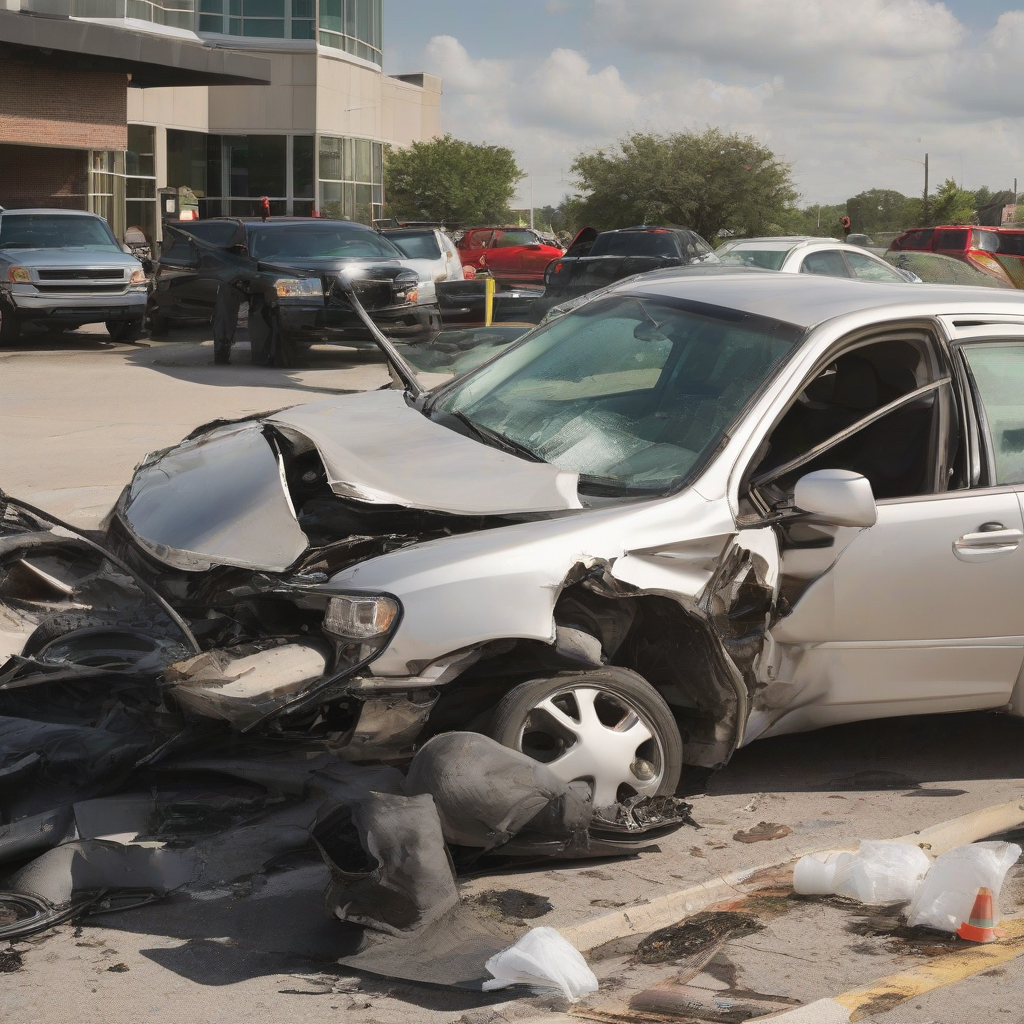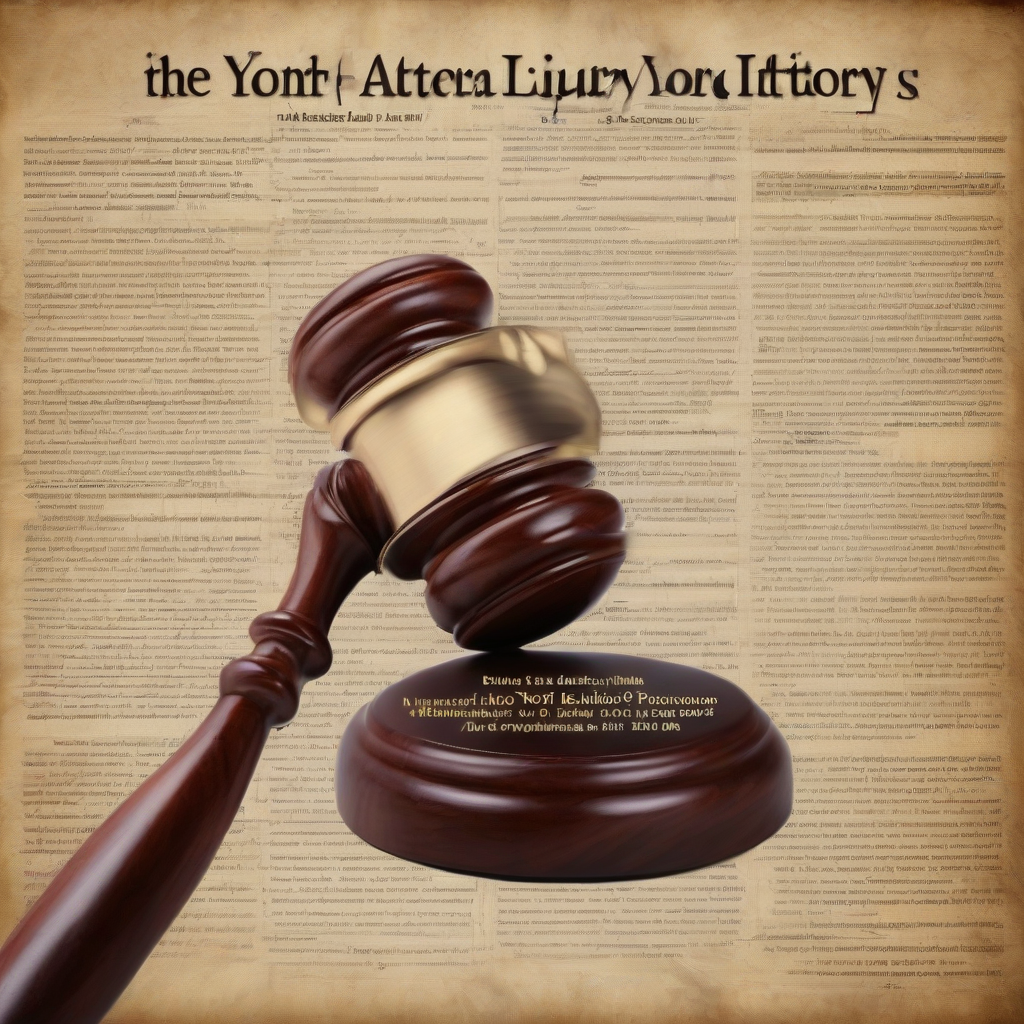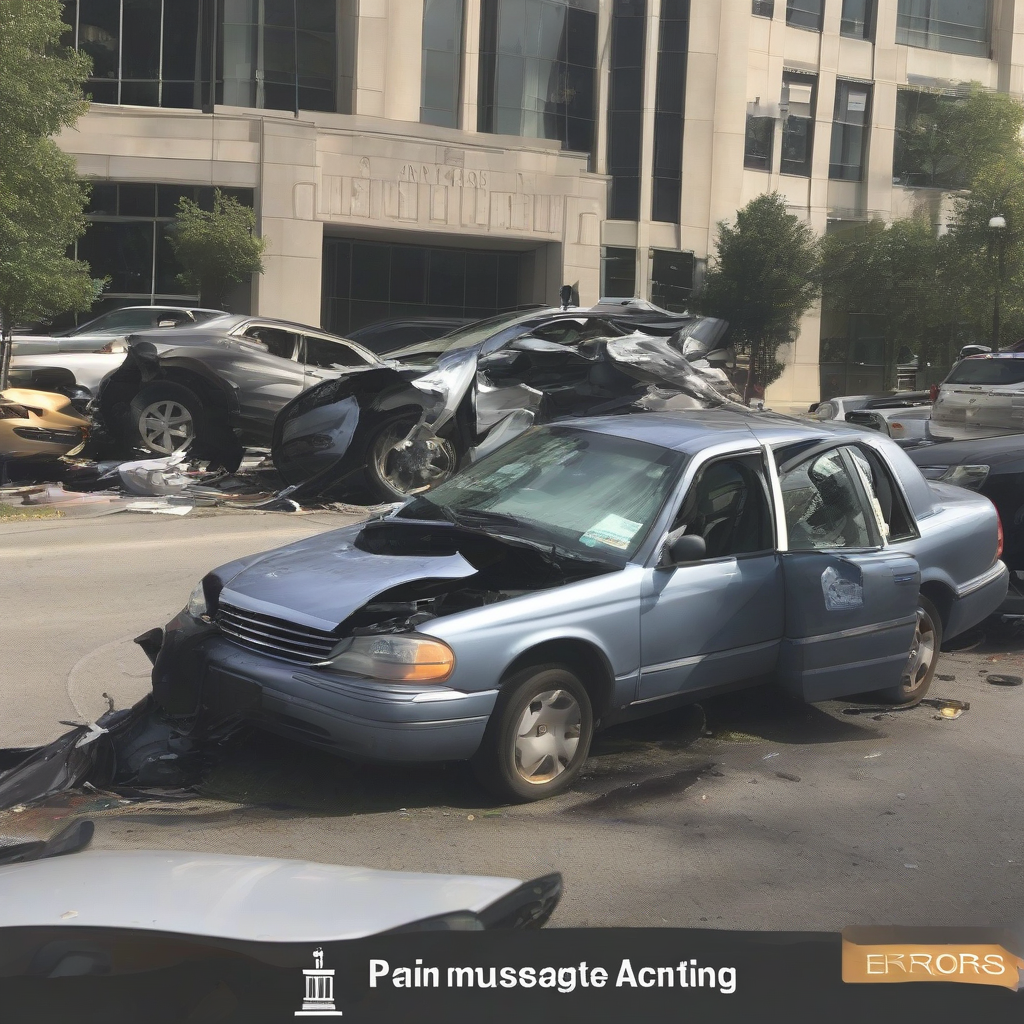Finding the Right Injury Attorney in Atlanta: A Comprehensive Guide
Suffering an injury can be a traumatic experience, leaving you physically and emotionally vulnerable. In the aftermath, navigating the legal complexities of personal injury claims can feel overwhelming. Finding a skilled and compassionate injury attorney in Atlanta is crucial to protecting your rights and securing the compensation you deserve. This guide provides a comprehensive overview of the process, helping you make informed decisions.
Understanding Your Options: Types of Injury Attorneys
Atlanta boasts a large pool of personal injury attorneys, each specializing in different areas. Understanding these specializations can help you find the best fit for your specific needs. Some common types include:
- Car Accident Attorneys: Specialize in cases involving motor vehicle collisions, including car accidents, truck accidents, and motorcycle accidents. They handle claims involving property damage, medical expenses, lost wages, and pain and suffering.
- Truck Accident Attorneys: Focus on the unique challenges of truck accident cases, often involving complex liability issues and multiple parties. These attorneys are well-versed in federal regulations governing commercial vehicles.
- Motorcycle Accident Attorneys: Handle cases involving motorcycle accidents, understanding the specific safety concerns and vulnerabilities of motorcycle riders.
- Premises Liability Attorneys: Represent individuals injured on someone else’s property due to negligence, such as slip and fall accidents, unsafe conditions, or inadequate security.
- Medical Malpractice Attorneys: Specialize in cases involving medical errors or negligence that lead to patient injury. These cases often require extensive medical knowledge and expert witness testimony.
- Wrongful Death Attorneys: Represent the families of individuals who died due to someone else’s negligence or wrongful actions. These cases involve complex legal issues and emotional considerations.
- Product Liability Attorneys: Handle cases involving injuries caused by defective products. They investigate the design, manufacturing, and marketing of products to establish liability.
Key Factors to Consider When Choosing an Attorney
Selecting the right injury attorney is a critical decision. Consider these key factors:
- Experience and Expertise: Look for an attorney with a proven track record of success in handling cases similar to yours. Experience handling complex litigation and negotiating favorable settlements is invaluable.
- Reputation and Client Testimonials: Research the attorney’s reputation by checking online reviews, professional ratings, and seeking referrals from trusted sources. Client testimonials can offer valuable insights into their experience.
- Communication and Accessibility: Choose an attorney who communicates clearly and promptly, keeps you informed about the progress of your case, and is readily available to answer your questions.
- Fees and Payment Structure: Most personal injury attorneys work on a contingency fee basis, meaning they only receive payment if you win your case. Understand the fee structure and any associated costs before retaining an attorney.
- Location and Convenience: While you can work with an attorney outside of Atlanta, choosing a local attorney can offer advantages in terms of familiarity with local courts and procedures.
- Personality and Compatibility: A strong attorney-client relationship is essential. Choose an attorney you feel comfortable with and who demonstrates empathy and understanding.
The Initial Consultation: What to Expect
Most injury attorneys offer free initial consultations. During this meeting, you’ll discuss the details of your case, including the circumstances of your injury, medical treatment received, and any lost wages or other damages incurred. The attorney will assess the strengths and weaknesses of your case and provide guidance on your legal options.
- Gather all relevant documentation: Before your consultation, gather all relevant medical records, police reports, insurance information, and employment records.
- Be prepared to answer questions: The attorney will ask detailed questions about the events leading to your injury. Be honest and thorough in your responses.
- Ask clarifying questions: Don’t hesitate to ask questions about the attorney’s experience, fees, and the likely outcome of your case.
- Don’t sign anything until you’re ready: Take time to review any contracts or agreements before signing.
The Legal Process: What to Anticipate
The legal process for a personal injury case can be lengthy and complex. It generally involves several stages:
- Investigation and Evidence Gathering: The attorney will conduct a thorough investigation to gather evidence supporting your claim, including medical records, witness statements, accident reports, and photos.
- Demand Letter and Negotiations: The attorney may send a demand letter to the at-fault party’s insurance company, outlining your claim and seeking a settlement.
- Filing a Lawsuit: If negotiations fail, the attorney may file a lawsuit on your behalf.
- Discovery: Both sides exchange information and evidence through depositions, interrogatories, and document requests.
- Trial or Settlement: The case may proceed to trial or be settled through negotiation before trial.
Common Types of Injuries Handled by Atlanta Injury Attorneys
Atlanta injury attorneys handle a wide range of injury cases, including:
- Broken Bones and Fractures: These injuries can require extensive medical treatment, rehabilitation, and ongoing care.
- Soft Tissue Injuries: Such as sprains, strains, and whiplash, can cause significant pain and limitations in daily activities.
- Traumatic Brain Injuries (TBIs): TBIs can have long-term and devastating consequences, requiring extensive medical care and rehabilitation.
- Spinal Cord Injuries: These injuries can lead to paralysis and require lifelong medical care and support.
- Burns: Burns can cause severe pain, scarring, and require extensive medical treatment.
- Wrongful Death: When a death is caused by someone else’s negligence, families may be entitled to compensation for funeral expenses, lost support, and emotional distress.
Choosing the Right Approach: Settlement vs. Trial
Your attorney will advise you on the best approach to your case, whether to pursue a settlement or go to trial. Each option has its advantages and disadvantages:
- Settlement: A settlement is a negotiated agreement between the parties, avoiding the time and expense of a trial. Settlements can be reached at any point in the legal process.
- Trial: A trial involves presenting your case to a judge or jury. While a trial offers the potential for a larger award, it is more time-consuming, expensive, and uncertain.
Questions to Ask Potential Attorneys
Before hiring an attorney, it’s crucial to ask clarifying questions to ensure they are the right fit for your needs:
- What is your experience handling cases like mine?
- What is your fee structure?
- What is your typical success rate in cases similar to mine?
- How will you keep me informed about the progress of my case?
- How long do you anticipate this case taking?
- What is your strategy for handling my case?
- Can you provide references from past clients?
The Importance of Documentation and Evidence
Thorough documentation is critical in building a strong personal injury claim. Be sure to gather and preserve all relevant documents and evidence, including:
- Medical records
- Police reports
- Photos of the accident scene and injuries
- Witness statements
- Insurance information
- Employment records (for lost wages)
Protecting Your Rights After an Injury in Atlanta
After an injury, it’s crucial to act quickly to protect your rights. Here’s what to do:
- Seek immediate medical attention: Document your injuries and treatment thoroughly.
- Report the incident to the authorities: File a police report if applicable.
- Gather evidence: Take photos, collect witness information, and document all expenses.
- Contact an experienced injury attorney: Seek legal advice as soon as possible.



